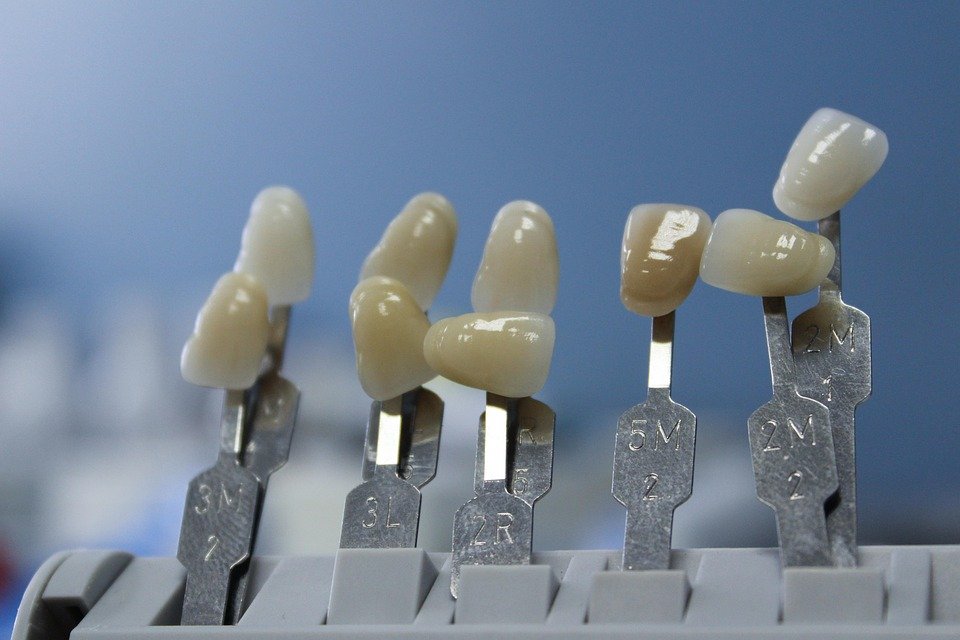How does tongue cleaning contribute to oral health?
Okay, I’ll act as the person asking the question.
I’ve been seeing all these tongue scrapers and cleaning tools everywhere, and dentists keep mentioning cleaning my tongue. I usually just brush my teeth twice a day, and that’s it. But I’m starting to wonder if I’m missing something.
So, how exactly does cleaning your tongue actually help your oral health? Is it really that important? Does it just make your breath smell better, or are there other benefits I should know about? Like, does it affect things like cavities or gum disease, or is it just cosmetic? And what’s the best way to do it? Brush? Scraper? Are some tools better than others? I’d really appreciate a detailed explanation!
Answer
Tongue cleaning contributes significantly to oral health through several mechanisms:
Removal of Bacteria and Debris:
The tongue’s textured surface, with its numerous papillae and crevices, provides an ideal environment for the accumulation of bacteria, fungi, food debris, dead cells, and other microorganisms. This accumulation forms a coating known as the tongue coating or tongue film. This coating harbors both aerobic and anaerobic bacteria. Anaerobic bacteria, in particular, thrive in the oxygen-deprived environment at the back of the tongue and are major contributors to oral malodor (halitosis). Tongue cleaning physically removes this coating, reducing the bacterial load in the oral cavity.
Reduction of Halitosis (Bad Breath):
A primary cause of halitosis is the production of volatile sulfur compounds (VSCs) by anaerobic bacteria metabolizing proteins on the tongue. These compounds, such as hydrogen sulfide, methyl mercaptan, and dimethyl sulfide, have unpleasant odors. By removing the bacteria and their substrate (proteins), tongue cleaning significantly reduces the production of VSCs, leading to fresher breath. Studies have shown that tongue cleaning can be an effective method for combating halitosis.
Improved Taste Perception:
The taste buds are located on the tongue. A thick tongue coating can act as a physical barrier, hindering the taste buds’ ability to effectively interact with food particles. Removing the tongue coating allows for better contact between taste receptors and food, potentially enhancing taste perception and making food more enjoyable.
Prevention of Periodontal Disease:
The bacteria present in the tongue coating, particularly periodontal pathogens, can migrate to other areas of the mouth, including the gums. These bacteria contribute to the development and progression of periodontal diseases like gingivitis (inflammation of the gums) and periodontitis (bone loss around the teeth). By reducing the bacterial reservoir on the tongue, tongue cleaning can help to prevent the spread of these harmful bacteria and reduce the risk of periodontal disease.
Prevention of Oral Thrush:
Oral thrush, also known as oral candidiasis, is a fungal infection caused by an overgrowth of Candida albicans in the mouth. The tongue is a common site for this infection. Tongue cleaning can help to remove Candida albicans and prevent its overgrowth, reducing the risk of oral thrush, especially in individuals with weakened immune systems or those taking certain medications.
Overall Oral Hygiene:
Tongue cleaning is an integral part of a comprehensive oral hygiene routine. While brushing teeth primarily focuses on removing plaque and debris from tooth surfaces, tongue cleaning addresses the bacterial load on the tongue, complementing the benefits of brushing, flossing, and using mouthwash. Incorporating tongue cleaning into the daily routine promotes a healthier and cleaner oral environment overall.

Post Comment